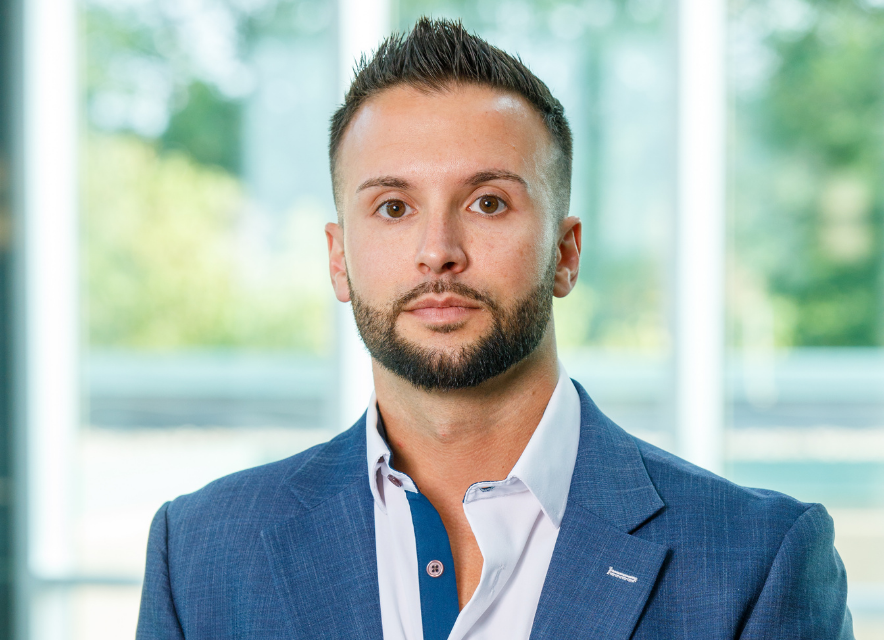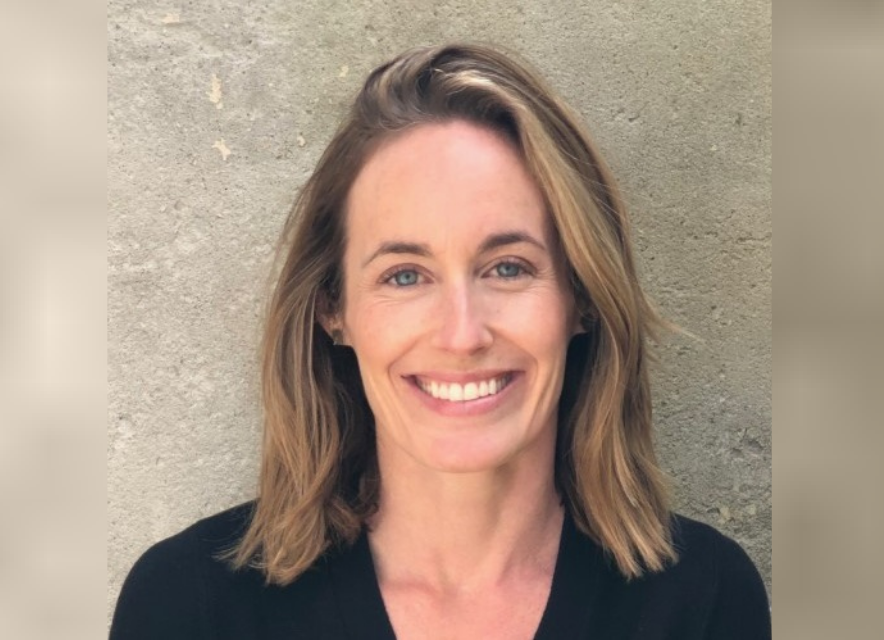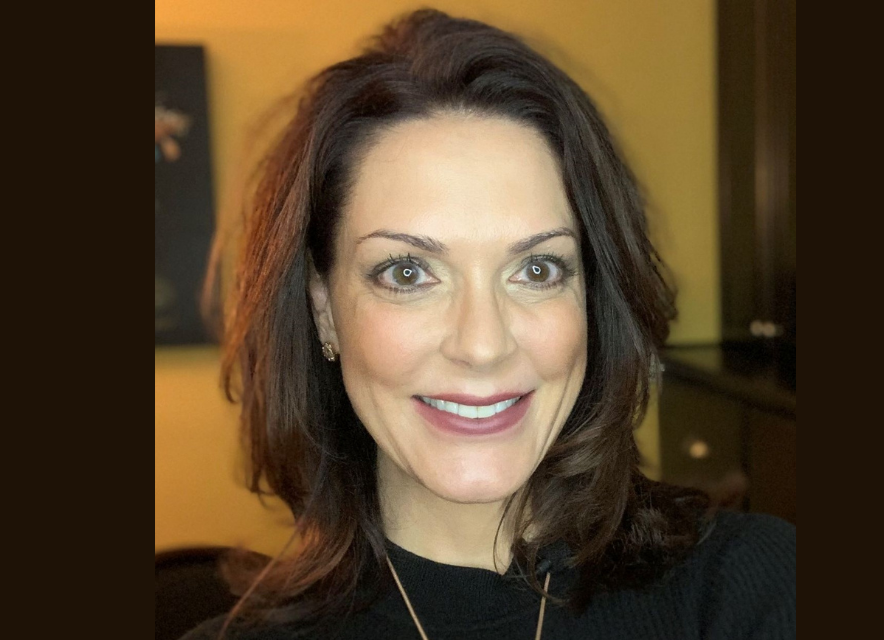Podcast: Play in new window | Download
Subscribe: RSS
Mark Tibergien is Chief Executive Officer of Pershing Advisor Solutions, prior to which he was a principal at Moss Adams LLP. Mark has worked with hundreds of public and private companies on matters related to business management, transition planning and strategy formulation, since 1976. Among his long list of industry accolades, he was named The Most Influential Person in Financial Services by an Investment Advisor survey in 2017, and was on InvestmentNews’ Icons and Innovators list in 2016. Mark is the author of four books including Practice Made Perfect and The Enduring Advisor Firm.
Takeaway Quote:
“Just declaring a niche is not going to be sufficient. There has to be an experience that reflects that.”
Show Timeline:
01:28 A common perception of advisory businesses that stops clients from making referrals
How the idea of limited capacity in many firms affects the mentality of the advisors
7:25 Attracting the right kinds of referrals
Mark’s advice for gaining prominence within a community, and defining your optimal client
9:59 Two ways of defining a niche
Different approaches an advisor can take based on the size of their community
11:51 The things that get in advisors’ way of committing to a niche
The fear of missing out on opportunities, and the need for a tailored client experience
13:55 The difference between ‘niche’ and ‘brand’
Examples of using these concepts to stand out in the marketplace
17:17 The challenges that can come with a well-known brand
Understanding and becoming comfortable with the changes in a firm’s growth
19:26 Mark’s own lessons learned in building successful businesses
Why he takes pride in the fact that most new clients don’t know him
22:29 The connection between culture and generating referrals
Mark’s litmus test for assessing the referability of a firm based on internal culture
24:47 The importance of having a team and processes in alignment with the prospects’ needs
How upcoming generations are evaluating firms differently
27:23 How the founder can transmit the values they want to see throughout the firm
Mark’s own tools for evaluating team members based on clearly defined cultural values
30:03 How market focus, cultural values, and your approach to business can translate directly to increased referrals
The things prospective clients recognize and connect with what’s important to them
Links:
Website: https://www.pershing.com/
Books: Practice Made Perfect, How to Value, Buy or Sell a Financial Advisory Practice, Practice Made (More) Perfect, The Enduring Advisory Firm
Twitter: https://twitter.com/MarkTibergien
LinkedIn: https://www.linkedin.com/in/marktibergien/
Want more?
Stephen Wershing: www.TheClientDrivenPractice.com/checklistblog
Julie Littlechild: www.absoluteengagement.com/blog
Episode Transcript:
Julie Littlechild:
Welcome to another episode of Becoming Referable, the podcast that helps you be the kind of advisor people can’t stop talking about. I’m Julie Littlechild and on this week’s show Steve and I are thrilled to be speaking with Mark Tibergien. Mark is, of course, the CEO of Pershing Advisors Solutions. Prior to that, he was a Principal at Moss Adams, where he was the Partner in Charge of the Business Consulting Group, the Chairman of the Financial Services Industry Group, and the Partner in Charge of the Business Valuation Group.
For all of these accomplishments, Mark is equally well known for everything that he does to advance the industry. He’s generous with his time, asks the big questions, shares his insights and generally agitates for a more professional industry. He’s also the author of four books, Practice Made Perfect, How to Value, Buy or Sell a Financial Advisory Practice, Practice Made (More) Perfect and The Enduring Advisory Firm. In this episode we talk to Mark about how advisory firms need to evolve going forward and we talk about the impact of brand on referability.
We also have a really interesting conversation about culture, what it really means and how it can impact success. With that, let’s dive right into the conversation. Mark, welcome, I’m really excited to talk to you today.
Mark Tibergien:
Thank you, good to be here.
Julie Littlechild:
Why don’t we start with a broad topic and talk a little bit about growth, I know we could talk about so many things. I know that as firms are evolving, they need to think about all the various different levers that they could pull to drive growth, whether that’s organic or inorganic. I know that they have questions on where they should focus their time. Our podcast, of course, is about becoming referable. I wanted to perhaps start there, dive in a little, and maybe get some general comment from you, on how you feel advisory firms can become more referable.
Mark Tibergien:
Sure. I think what’s interesting about this business is, for many advisory firms, obtaining more clients is not their biggest challenge. Having the capacity to serve more clients is where the real pain exists. Because of that limited capacity, I think that many advisory firms struggle to focus on the kinds of things that make them available to the market place, that make them referable, to make people think that this is a firm that actually is taking on new clients. In fact, I can site multiple examples where advisors have shared with me that new prospects have said, “I didn’t think that you were taking on anymore clients, I thought you were tapped out.” Obviously, that’s one of the big concerns that people in this business have to be conscious of, is whether or not they’re even available to be dated.
Steve Wershing:
Mark, can I ask you to elaborate on that a little bit? Do you think that’s coming more because advisors are not communicating that they’re looking for new clients or because they’re so rushed or busy or those kinds of things that the clients just have the impression that they don’t have that capacity?
Mark Tibergien:
I think it’s a combination of both. I think the lack of capacity is real. I also think that those who have their business all filled up, generally act like they’re not available. Their heads are down, their butts are up and they’re focused on doing as much business as they can with their existing clients. In a way, even the things that advisors say to centers of influence or prospects, could be something like this, “How are you doing, how is your business?” They’ll respond, “I’m just so busy, there’s just so much going on. I don’t know if I can do anymore.” It’s utterances like that that give the impression that you’re not available.
When I look at the question of what dynamic growth is going to be within the advisory business, I think of it both in terms of emotional capacity as well as physical capacity to grow. There’s a tendency to project a “woe is me, I’m so overworked” kind of mentality that I think it tends to cause people to think twice before they engage you.







Leave A Comment